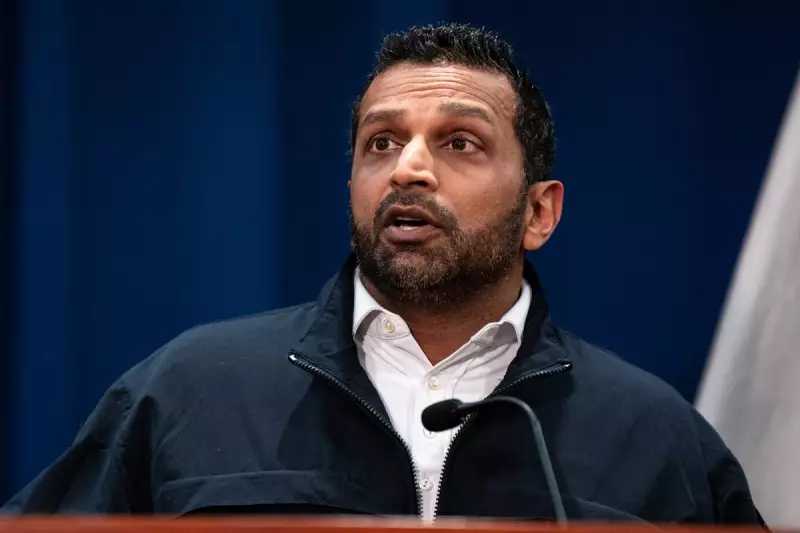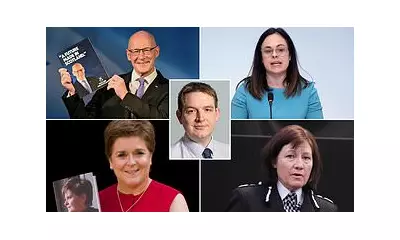
FBI Director Kash Patel undertook a clandestine trip to China last week, holding high-level discussions aimed at tackling the illicit fentanyl trade, a significant source of tension between Washington and Beijing.
Details of the Covert Beijing Visit
According to a Reuters report, Patel flew into the Chinese capital on Friday and engaged in talks with officials on Saturday. Neither China’s Foreign Ministry nor the U.S. embassy in Beijing has publicly acknowledged the visit, marking it as a discreet diplomatic manoeuvre.
This development occurs amidst scrutiny of Patel's use of FBI jets for personal business. He recently faced accusations of using a bureau aircraft to travel to watch his girlfriend, country singer Alexis Wilkins, perform. Patel reacted defensively to the reports, defending Wilkins on social media as a "true patriot" and a "rock-solid conservative."
The Fentanyl Crisis and International Pressure
The secret talks directly address the ongoing opioid epidemic in North America. President Donald Trump has vowed a crackdown on fentanyl, a powerful synthetic painkiller. The CDC reported that 48,000 Americans died from overdoses involving fentanyl in 2024, underscoring the scale of the crisis.
Earlier this year, the Trump administration imposed stiff tariffs on Canada, Mexico, and China, accusing them of not doing enough to prevent the cross-border smuggling of opioids and their precursor chemicals. These chemicals, supplied by Chinese corporations to cartels like Mexico’s Sinaloa and Jalisco groups, are essential for manufacturing fentanyl.
China has historically defended its anti-drug efforts, citing its strong domestic laws and lack of a comparable addiction crisis. Zongyuan Zoe Liu, a China studies expert at the Council on Foreign Relations, noted that Beijing does not view the issue as a domestic priority. Nevertheless, China classified fentanyl as a controlled narcotic in 2019 and added some of its precursor ingredients to a controlled list.
Immediate Outcomes and Broader Context
In a significant move following Patel's reported visit, China’s Commerce Ministry announced on Monday that it would adjust its controlled chemicals list. New export license requirements will be introduced for individuals seeking to send specific chemical components to the U.S., Canada, and Mexico.
The ministry also pledged to tighten oversight of the production and export of other drug-making chemicals not currently controlled, ensuring they are kept out of criminal hands. It reiterated a warning to traffickers against shipping ingredients to "high risk" countries like the United States.
This progress follows a meeting between President Trump and Chinese Premier Xi Jinping in Busan, South Korea, in late October. Trump later told reporters that Xi had agreed to work "very hard to stop the flow" of fentanyl, describing their summit as a "12 out of 10". In return for cooperation, China secured a reduction in U.S. tariffs on its products from 57 percent to 47 percent. The two nations also agreed that China would resume purchasing American soybeans and pause its latest rare earth export curbs for a year.





